Joseph Ekpuka: Conversion of waste cooking oil into useful chemicals. The use of a zeolite catalyst and a clay catalyst [PDF]
$17.67
Academic Paper from the year 2020 in the subject Chemistry – Materials Chemistry, , language: English, abstract: Biodiesel or in general biofuels can be produced in a complex process of …
Academic Paper from the year 2020 in the subject Chemistry – Materials Chemistry, , language: English, abstract: Biodiesel or in general biofuels can be produced in a complex process of transesterification or in hydrotreatment of oil. To do this a catalyst is required. The conversion process of used oil is the aim of this paper. The information presented forward offers a deep insight of products that are obtainable from the conversion of waste cooking oil.
Waste Cooking Oil (WCO) refers to used vegetable oil generated during food preparation. While WCO is cost-effective, improper disposal leads to environmental and soil degradation. To mitigate these effects, WCO can be repurposed as a feedstock for biofuel production.
Biofuel, specifically Fatty Acid Methyl Ester (FAME), is derived through a transesterification reaction between triglycerides in the oil and alcohol. This reaction utilizes 1:1 group clay minerals as a catalyst, with a predominant focus on kaolinite. Kaolinite serves as either the catalyst support or a precursor for other ceramic material catalysts, including Zeolites.
Transesterification of WCO into Fatty Acid Methyl Ester requires the use of a catalyst. While it’s possible to perform this conversion at high temperatures and pressures without a catalyst, it often results in a significant presence of fatty acids in the final product. Therefore, solid acid catalysts are preferred for biofuel synthesis.

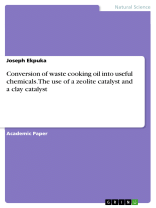

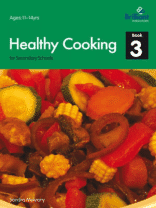




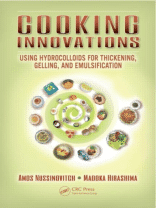


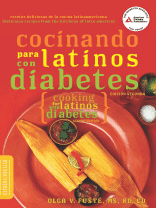

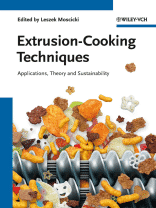



Reviews
There are no reviews yet.